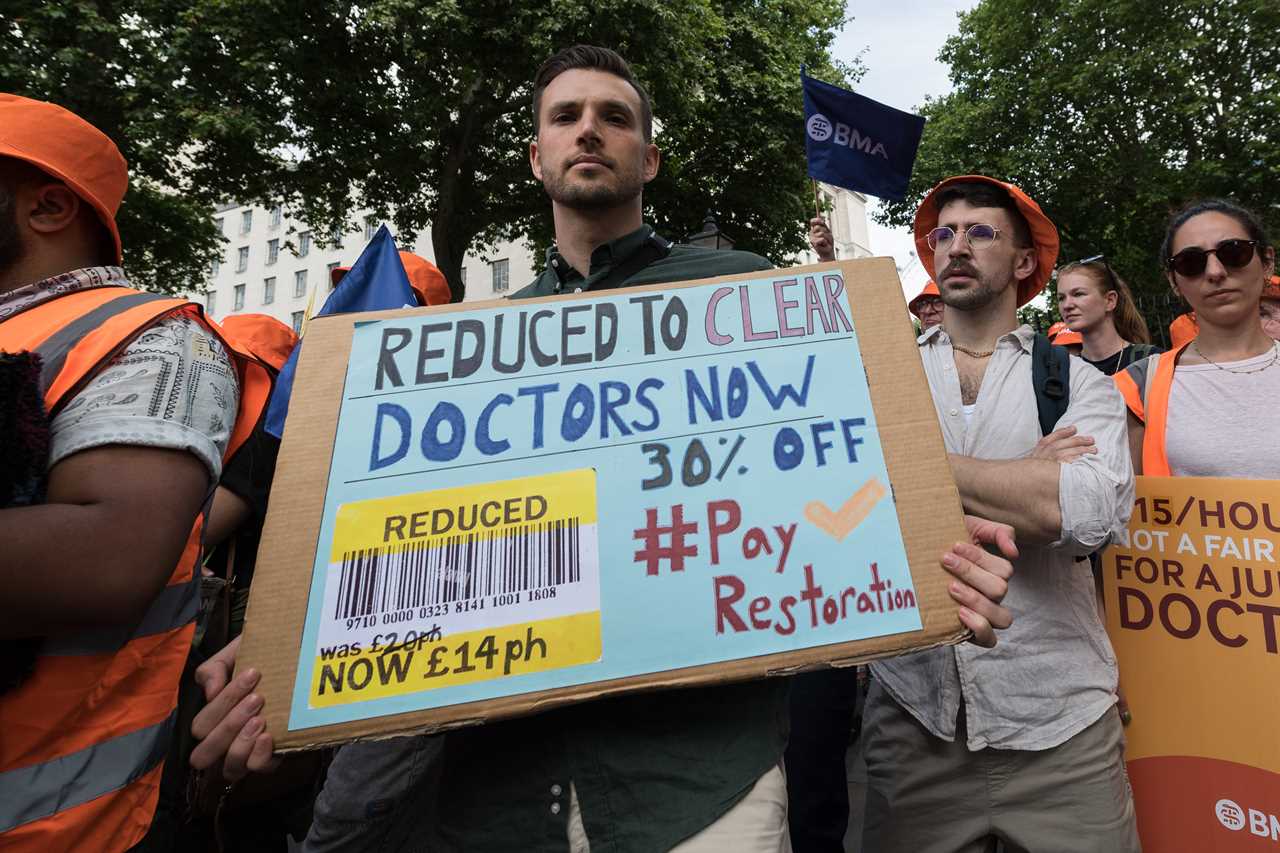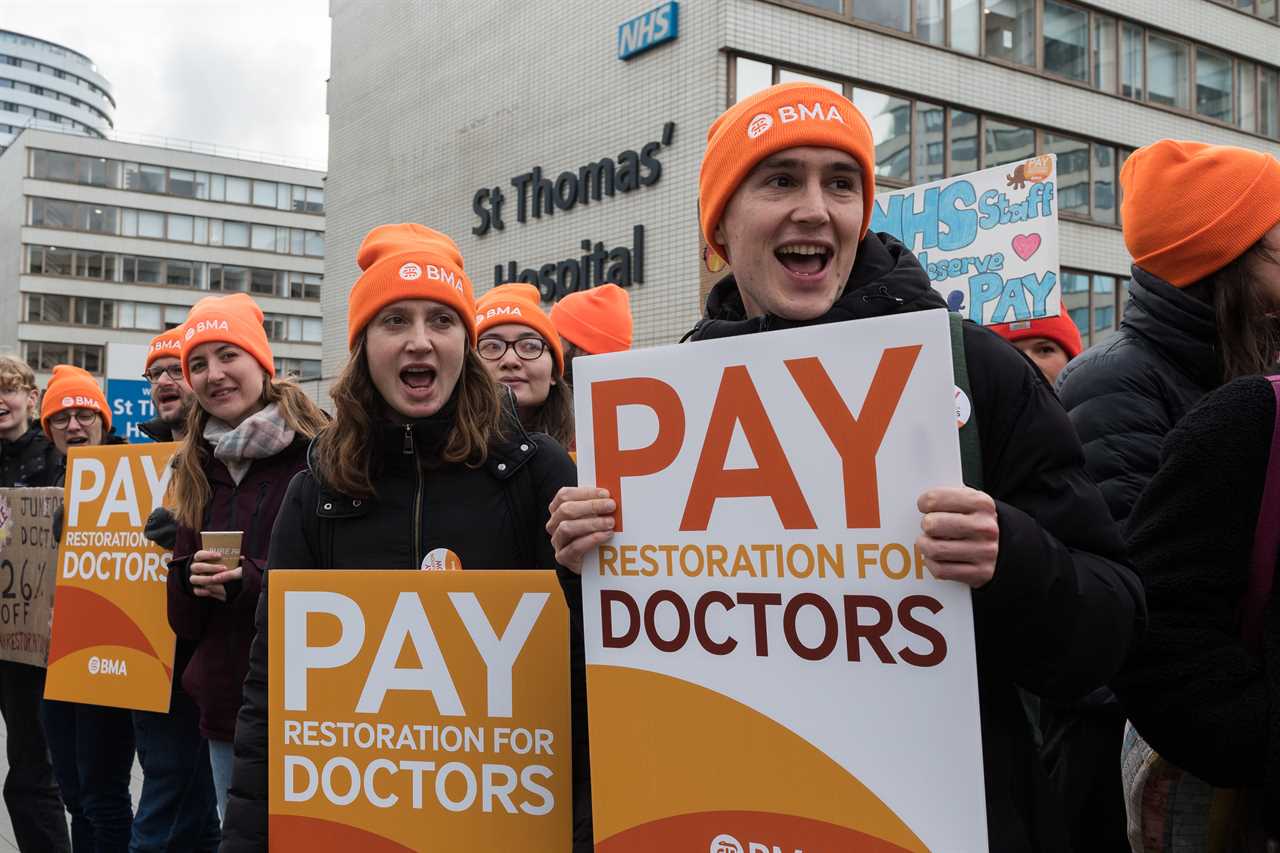
In the intricate landscape of healthcare labour, junior doctors are facing internal debates over the prospect of further strikes, despite recent pay increases. As the British Medical Association prepares to ballot its members, a nuanced discussion unfolds within their ranks, with some expressing reluctance towards renewed industrial action. This internal tension prompts considerations on effective strategies to rally support, including the unconventional suggestion of hosting 'pizza parties' to re-engage colleagues who may have reservations.
Challenges of Momentum and Perception
Within the junior doctor community, diverse views emerge regarding the efficacy and necessity of strikes. Concerns about losing momentum after previous actions, coupled with perceptions of greed and opposition from senior colleagues, exemplify the multifaceted dynamics at play. Addressing these internal scepticisms presents a complex challenge for activists advocating for further industrial action, requiring a delicate balance between solidarity and persuasion.
The Wider Context: Labour Relations and Political Dynamics
The history of junior doctors' strikes intersects with broader narratives of labour relations and political influence. Past grievances and the eventual resolution with the Labour Government underscore the intricate dance between healthcare professionals and policymakers. The current deliberations within the junior doctor community reflect not only individual considerations but also the broader socio-political landscape that shapes their decisions.
Financial Realities and Healthcare Funding
Debates around striking often intertwine with discussions on financial constraints and healthcare funding. The perception of fiscal limitations within the Treasury poses a significant challenge to demands for improved working conditions and remuneration. Negotiating the delicate balance between fiscal prudence and the essential needs of healthcare workers remains a central theme in the ongoing dialogue within the medical community.

Impacts on Patient Care and Health Services
While the focus is often on the internal dynamics of labour disputes, the implications of strikes on patient care and health services cannot be overlooked. The aftermath of previous strike actions, with millions of cancelled appointments, serves as a stark reminder of the broader consequences of industrial unrest in the healthcare sector. Balancing the legitimate grievances of healthcare workers with the imperative of maintaining uninterrupted care for patients presents a formidable challenge.
In conclusion, the deliberations within the junior doctor community encapsulate a web of complexities, from internal solidarity to external perceptions and broader socio-political realities. As these healthcare professionals navigate the decision-making process around potential strike action, the intricate interplay of factors highlights the nuanced nature of labour relations in the healthcare sector. Ultimately, the path forward for junior doctors involves not only internal consensus-building but also a nuanced understanding of the systemic factors shaping their choices.
Did you miss our previous article...
https://trendinginthenews.com/uk-politics/labours-path-forward-navigating-complex-challenges-with-progressive-solutions






